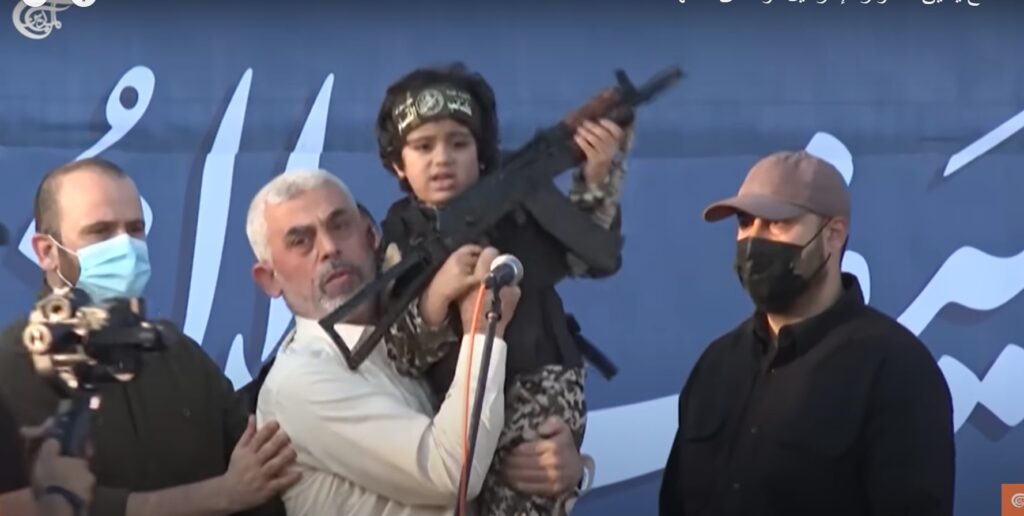According to Hamas sources, the organization has decided to alter its tactics in confronting the IDF in the Gaza Strip, anticipating an Israeli occupation of the Rafah area and the “Philadelphia Corridor” in the near future.
Lacking faith in increased American pressure on Israel, Hamas anticipates a bilateral understanding between the two parties regarding the occupation of Rafah.
Consequently, they view their possession of Israeli hostages as their primary means of leverage and survival.
Yahya Sinwar and Muhammad Def have made the decision to preserve the organization’s military strength, fighters, and weaponry for the duration of the conflict.
This entails employing a strategy of limited attacks on IDF forces, minimizing unnecessary risks to their fighters while safeguarding their arsenal.
A Hamas source explains, “The military wing aims to retain its military capabilities, personnel, and equipment to counteract plans by Israel, the United States, the Palestinian Authority, and Arab nations to establish an alternative government in the Gaza Strip after the conflict.”
The IDF’s shift towards a raid-based approach in the northern Gaza Strip, particularly following successful operations at Shifa Hospital, Amal, and Nasser Hospitals in Khan Yunis, has prompted Hamas to reassess its strategies and adapt accordingly.
Acknowledging the IDF’s ability to surprise and weaken their military presence in the northern Gaza Strip, Hamas now braces for a potential total occupation of the Gaza Strip, with the IDF conducting targeted daily raids based on precise intelligence.
In response, Hamas’s military wing is preparing for an extended campaign with minimal casualties, relying on their Israeli hostages as a key bargaining tool for negotiation and eventual release.
Senior Hamas official Khaled Mashaal reaffirmed the movement’s commitment to its demands for a permanent ceasefire in Gaza, including the withdrawal of all IDF forces and the return of displaced persons to the northern Gaza Strip.
Hamas sources assert that the organization will not release any Israeli hostages until these objectives are met. They plan to exploit humanitarian aid efforts to covertly transport thousands of Hamas fighters to the area in civilian attire, aiming to undermine IDF gains in the conflict.
Expressing distrust in the Biden administration’s negotiations with the Netanyahu government, a senior Hamas official remarked, “The US is complicit in Israel’s military actions and serves as a barrier to reaching agreements on prisoner exchanges and a complete IDF withdrawal from Gaza.”
Despite five months of fighting, the military wing claims to retain half of its military capabilities, including a stockpile of rockets, anti-tank missiles, explosives, small arms, and ammunition, enabling them to continue resisting IDF forces.




